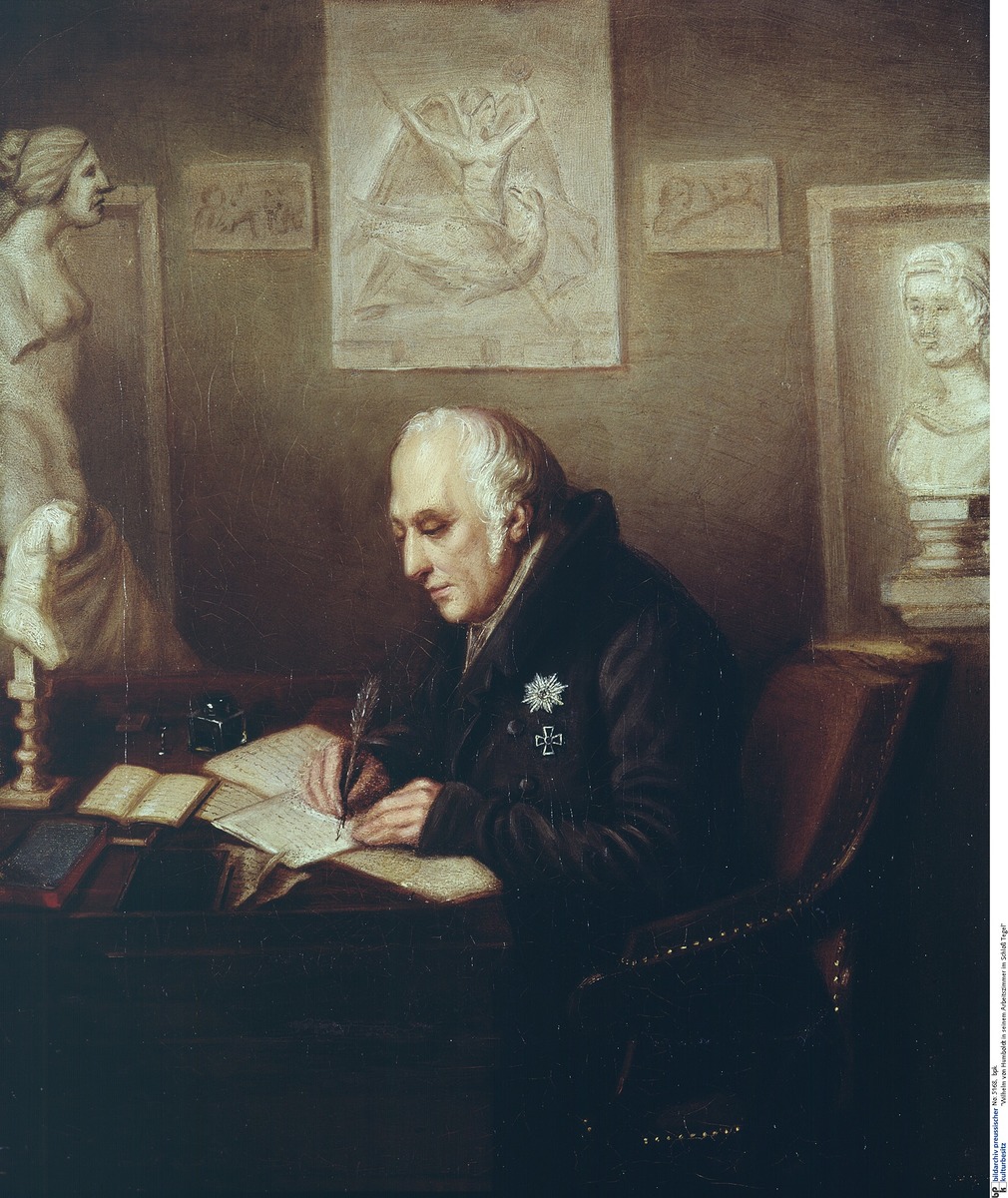Source

Source: Original: Frankfurt am Main, Freies Deutsches Hochstift/ Frankfurter Goethe-Museum mit Goethe-Haus
Reproduction: bpk-Bildagentur, image number 00005168. For rights inquiries, please contact Art Resource at requests@artres.com (North America) or bpk-Bildagentur at kontakt@bpk-bildagentur.de (for all other countries)